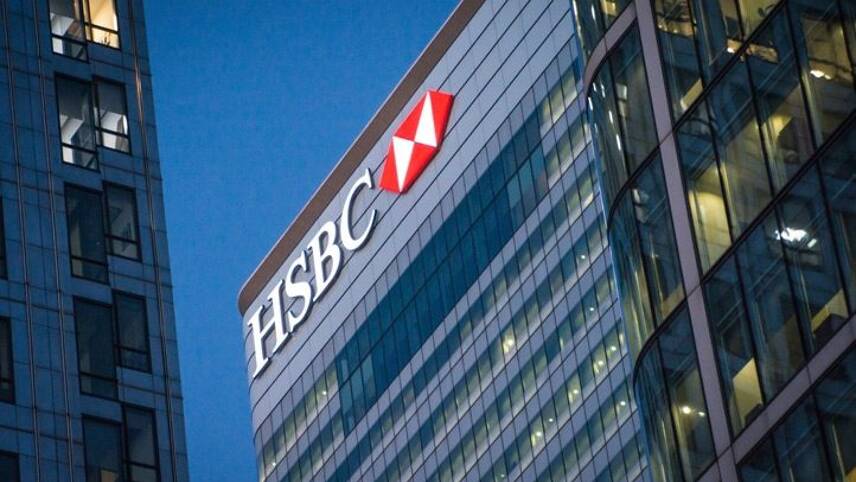Register for free and continue reading
Join our growing army of changemakers and get unlimited access to our premium content

HSBC has reportedly provided $87bn in financing to fossil fuel companies since 2015
This spring, a shareholder motion passed at HSBC, compelling the bank to end financing for coal in OECD nations by 2030 and all other nations by 2040. The resolution was filed by ShareAction and supported by investors with a combined $2.4trn in assets under management.
The bank has this week published its first official thermal coal financing exit policy and claims the approach is conducive to its 2050 target for net-zero financed emissions. The policy will be extended to HSBC Global Asset Management in the coming months.
Detailed in the policy are goals for HSBC to reduce its exposure to thermal coal financing by at least 25% by 2025, increasing to 50% by 2030.
The company has stated that it will draw up and publish a science-based emissions reductions target for its coal activities, in line with the Paris Agreement’s 1.5C pathway, in 2022.
Clients with activities not aligned with these targets will be supported by HSBC, from 2023, to develop stronger transition plans. Client transition plans will need to be assessed annually and should contain science-based emissions reduction plans, information on proposed abatement like carbon capture and offsetting, details on supporting workers and communities, and risk disclosures.
Providing no transition plan, or an insufficient transition plan, could result in early divestment. Early divestment will also be the case for any HSBC client that has committed to new thermal coal expansion since the beginning of 2021.
There are, additionally, new exclusions policies for OECD clients. If thermal coal makes up 40% or more of total revenues at present, and/or is set to account for 30% of more of total revenues in 2025, finance will only be provided if it is solely for the clean energy transition.
New divestment and exclusions policies are yet to be drawn up for non-OECD nations. HSBC has stated that is recognises the need for a more rapid energy transition in Asia, but that “development needs must be addressed hand-in-hand with decarbonisation goals”.
“Our clients in Asia are at different starting points to their EU/OECD counterparts, with more infrastructure, resource, and policy obstacles, but many have declared a strong interest and ambition to invest in the transition and diversify their businesses,” said HSBC Group’s chief sustainability officer Celine Herweijer.
“The good news is that zero-marginal-cost renewables, rising carbon prices and a terminal contraction in coal demand are factors helping them diversify.”
Lukewarm reaction
HSBC is emphasising how the new coal policy builds on its joining of the Powering Past Coal Alliance at COP26 and its backing of the Energy Transition Mechanism (ETM), an initiative led by the Asian Development Bank, which aims to retire coal plants early and invest in renewables.
However, ShareAction and other green groups are unimpressed with HSBC’s approach and claim it has several major loopholes.
ShareAction’s senior campaign manager Jeanne Martin has pointed out that the new policy only applies at the client level, meaning it may indirectly keep supporting corporate groups developing new coal capacity or extending production post-2030 or post-2040. The policy also excludes mergers and acquisitions because of this client-level approach.
Martin has also expressed disappointment that there is no time-bound commitment to divest from companies with no transition plans or poor-quality plans, nor any public information on what would constitute a weak plan.
Overall, she dubbed the policy an “important step forward” but “out of step with investors’ expectations”.
Market Forces’ UK campaign lead Adam McGibbon also pointed to these loopholes and called the policy “a dismal, missed opportunity for real climate action”.
He pointed out that new coal is incompatible with the International Energy Agency’s (IEA) net-zero by 2050 scenario.
Sarah George


Please login or Register to leave a comment.